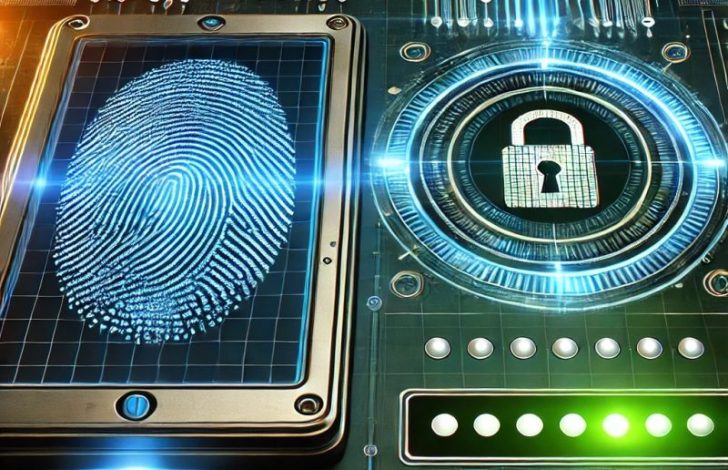A secure password keeps hackers out of your accounts. Without one, you are inviting trouble: Stolen identities, drained bank accounts, and leaked private information. Cybercriminals are smarter than ever, and weak passwords make their job easy.
Think about everything tied to your online accounts. Your work files, emails, bank details, and even medical records sit behind a password. If it is weak, your data is at risk. A secure password acts as a digital lock, keeping cyber threats at bay.
Here is how you can build a secure password that is practically unbreakable:
Make It Long, Random, and Impossible to Guess
Short passwords are easy to crack. Hackers use advanced programs that can guess billions of passwords in seconds. The longer your password, the harder it is to break. Experts recommend at least 16 characters but longer is even better.

Instead, think of a random sentence and mix it up with symbols, numbers, and upper and lowercase letters. Something like “Mango$Rain37Tiger#Moon” is far better than “John1985.”
Never Use the Same Password Twice
Reusing passwords is like using the same key for your house, car, and office. If one gets stolen, everything is exposed. Hackers love it when people use the same login details across multiple sites. It makes their job effortless.
Ideally, use a unique password for every account. It may sound like a hassle, but password managers can help. These tools store and generate secure passwords for you, so you don’t have to memorize them. If one site is breached, the damage stays limited.
Avoid Personal Details and Common Words
If your password includes your birthday, pet’s name, or street address, you are making life easy for hackers. Cybercriminals dig through social media for clues, and if they find familiar details, they will crack your password in no time.
Skip common words or phrases. Passwords like “Password123” or “ILovePizza” might seem clever. But they are among the first things hackers try. Randomness is your friend. Use unpredictable combinations that mean nothing to anyone but you.
Enable Two-Factor Authentication (2FA) Whenever Possible
A strong password is great, but two-factor authentication makes it even better. 2FA adds an extra step, like a code sent to your phone or email, before you can log in. Even if someone steals your password, they will need the second verification step to get in.

Hackers can not access your account unless they have your physical device, making it nearly impossible for them to break in.
Change Your Passwords Regularly and Stay Alert
Cyber threats evolve, and what is secure today might not be tomorrow. Updating your passwords every few months keeps them fresh and harder to guess. If a company suffers a data breach, change your password immediately. Do not wait for anything.
Stay aware of security alerts from the services you use. If you receive an email about unusual login activity, do not ignore it. Cybercriminals are always looking for easy targets, and being proactive keeps you one step ahead.
Keep in mind that online security starts with you. So, do not make it easy for hackers. Instead, lock down your accounts with strong, secure passwords.



